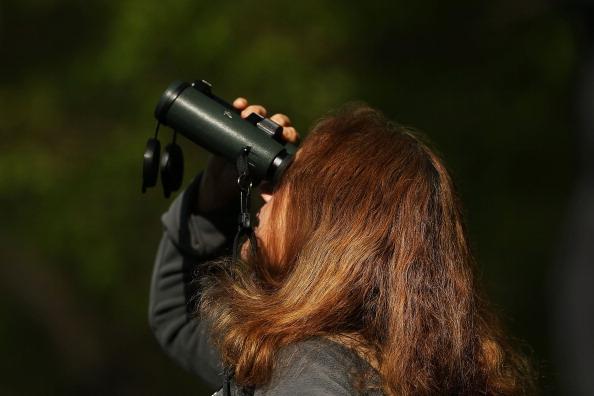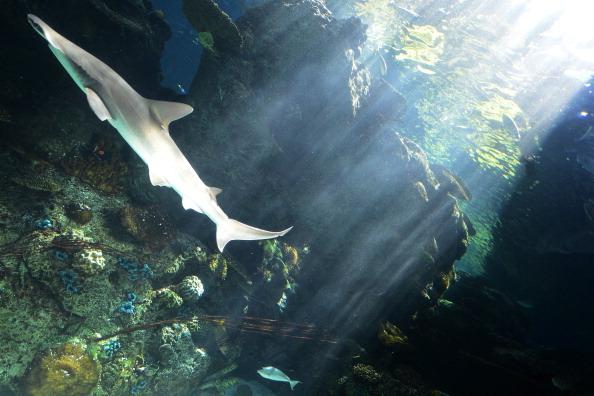It’s summertime and that means one thing: Vacation! And if your summer travels bring you face to face with new and interesting wildlife, there are some important things to keep in mind. Whether you are lying on the beach or camping in the woods, we have a few tips on how to coexist with the plants and animals you find on your travels.
Observe wildlife from a distance
Do not attempt to approach wildlife in their natural habitat. Not only does this cause the animal stress, but if it becomes too used to human interaction, it may not be able to sense danger from a potential poacher or predator. Wild animals are unpredictable, and approaching one could cause it to feel threatened and possibly attack. So watch from afar, use binoculars or a zoom lens, but keep a careful distance. There are plenty of ways to observe wildlife without disturbing their natural routine!
Avoid roped off or private areas
If you see an area that is sectioned off from public entrance due to wildlife conservation, do not enter. The area is sectioned off for a reason. Not only is it illegal to enter private protected lands, but it can also be dangerous to you or to the native wildlife, depending on the reason for closing the area. For example, some roped off locations on beaches are sensitive breeding areas, and you could accidently harm nesting seabirds or sea turtles by entering.
Do not feed wildlife
Animals have a very specific diet they follow. Introducing new items can cause them to become sick or unhealthy. Animals also have natural foraging instincts, which allow them to thrive without support from humans. Giving them food can weaken these instincts, making the animal less able to survive in the wild, and even get them into serious trouble with humans. There have been many instances in which bears, for examples, have been euthanized because they became too accustomed to getting food from people either directly or indirectly. If you do have food in the wilderness, you should always keep it in an airtight bag making it undetectable to wildlife.
Pick up your trash
It may go without saying, but no matter where you are headed on vacation, make sure to pick up any trash you bring with you. Many kinds of trash can be deadly to wildlife. If ingested, trash can poison animals or harm their internal organs. Even if they don’t eat it, animals can also become entangled in trash, which can cause serious harm.
Leave it as you found it
Make sure to leave anything you pick up where you left it, including plants, rocks, and other natural objects – an animal could depend on it for survival. And it’s not just about what you might take, but also what you might bring. Make sure to avoid introducing or transporting non-native species into a new area. This can happen, for instance, if you’re camping and bring firewood with you from another location. Non-native species can disrupt the natural areas, and even cause a native species to become threatened or extinct.
This article was originally written and published by Taylor O'Donnell, a communications intern for Defenders of Wildlife. To see the original article, or for more information, please click HERE.

